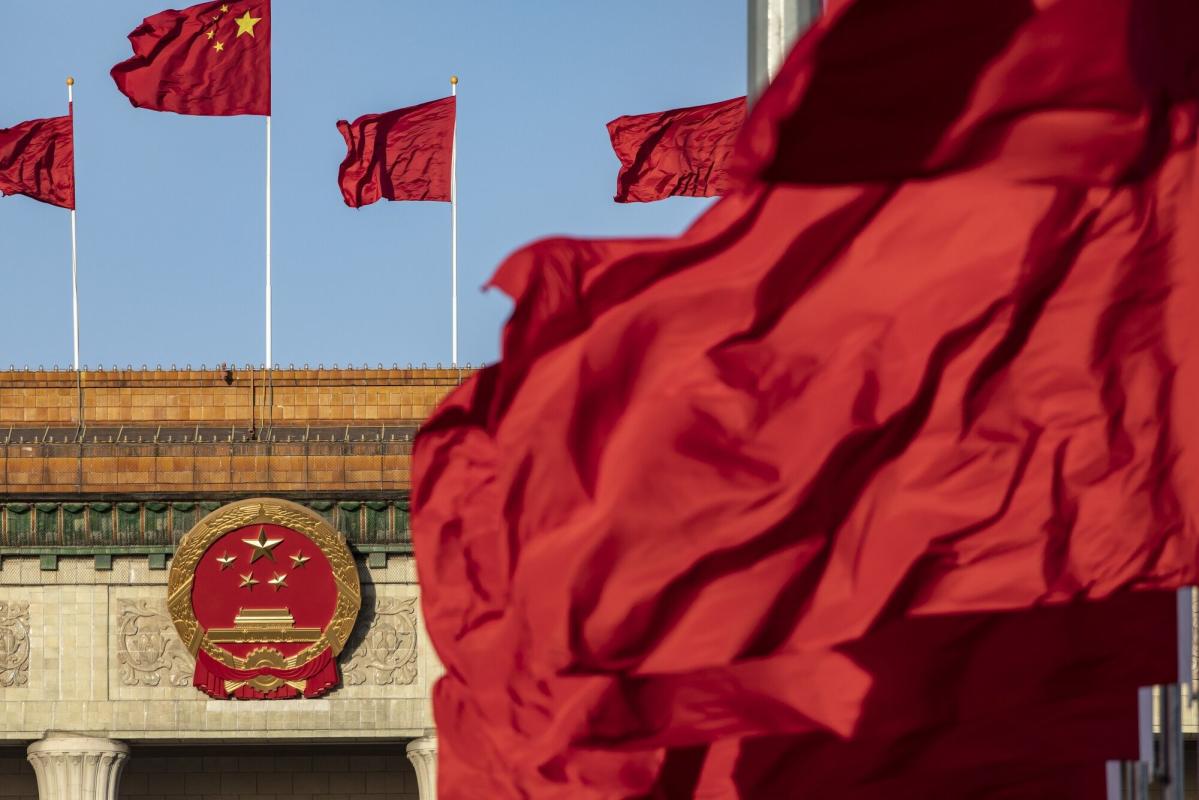(Bloomberg) — China’s spy agency is cracking down on weather stations with foreign links it says pose a threat to national security, the latest sign the secretive group is becoming more assertive under .
Most Read from Bloomberg
The Ministry of State Security said Tuesday that hundreds of illegal meteorological facilities were sending information abroad, some of them from sensitive sites such as military bases, industrial enterprises and grain-producing areas.
A number of the stations were “directly funded by foreign governments,” the spy agency said a post on social media, adding data went to overseas security officials — although it didn’t give details on what nations were supposedly involved. China’s security officials are “investigating and dealing with the relevant illegal activities,” it said.
The spy agency has taken on a higher-profile since the summer, when it joined the popular WeChat social media app. Since then, it has posted frequently on its efforts to secure national security, down to telling primary school students what photos they shouldn’t post on social media. It has also revealed what it said were cases of alleged espionage by the US. That move came after Central Intelligence Agency Director William Burns said his agency has made progress in rebuilding its network in China following setbacks.
See: Xi’s Security Obsession Turns Ordinary Citizens Into Spy Hunters
Foreign embassies and research groups gather weather data in China, activity that becomes more important as the nation deals with bouts of extreme weather such as flooding in the Beijing area over the summer.
Also: China Adds World’s Biggest Energy Sector to Anti-Spy Push
Around 2012, when Beijing was choked by bad smog that alarmed the public, China asked foreign governments to stop releasing air-quality information. That call came as the US embassy in the Chinese capital posted data it gathered on Twitter.
Chinese officials said the activity by foreign governments wasn’t in the spirit of diplomacy and its air-quality standards were different than those used abroad.
More: China Begins National Anti-Spy Crackdown on Consulting Firms
Most Read from Bloomberg Businessweek
©2023 Bloomberg L.P.


